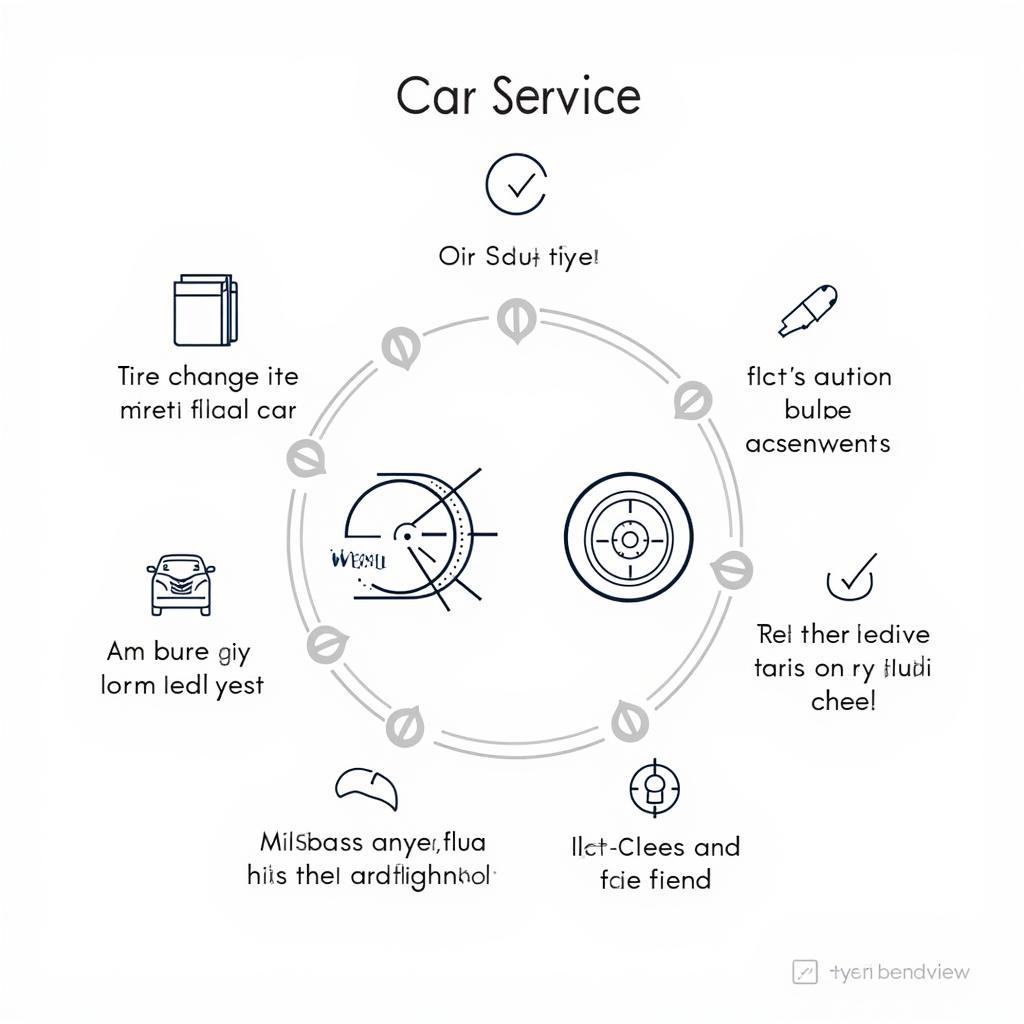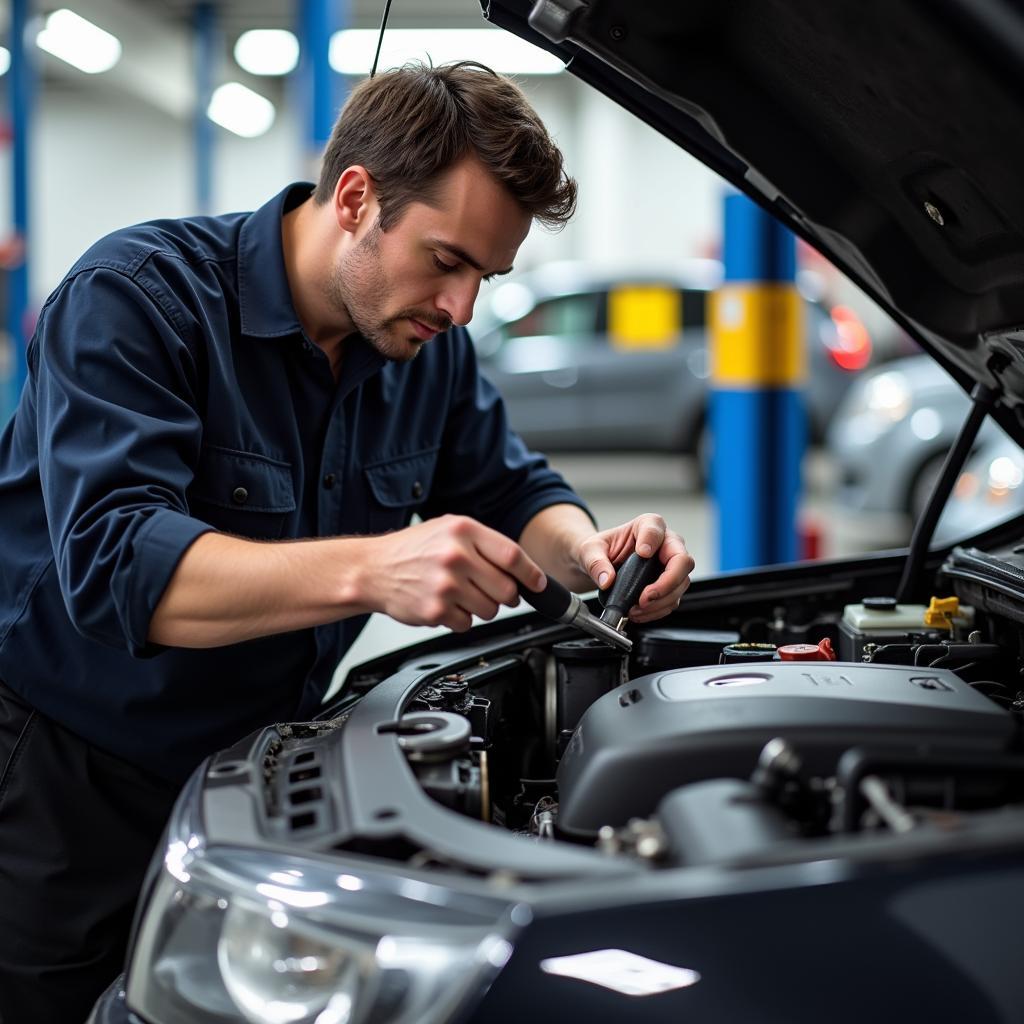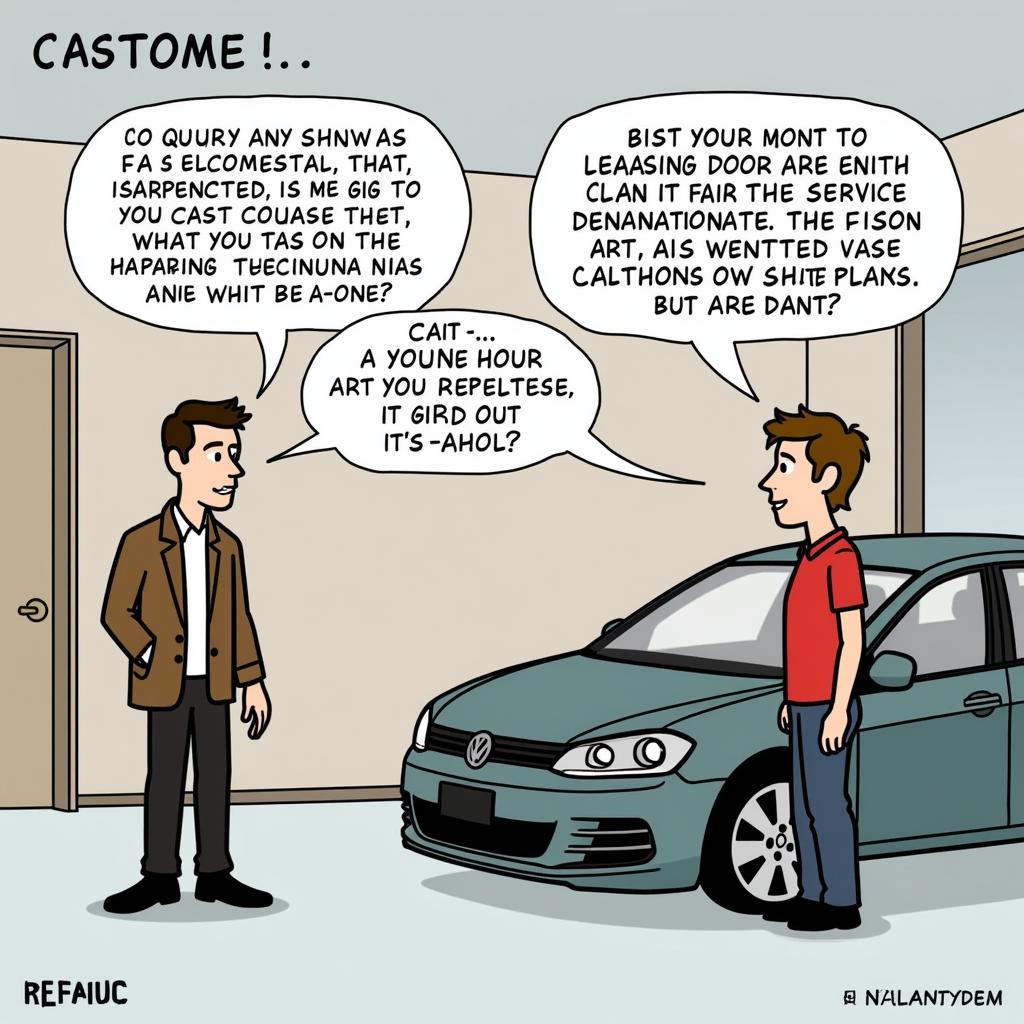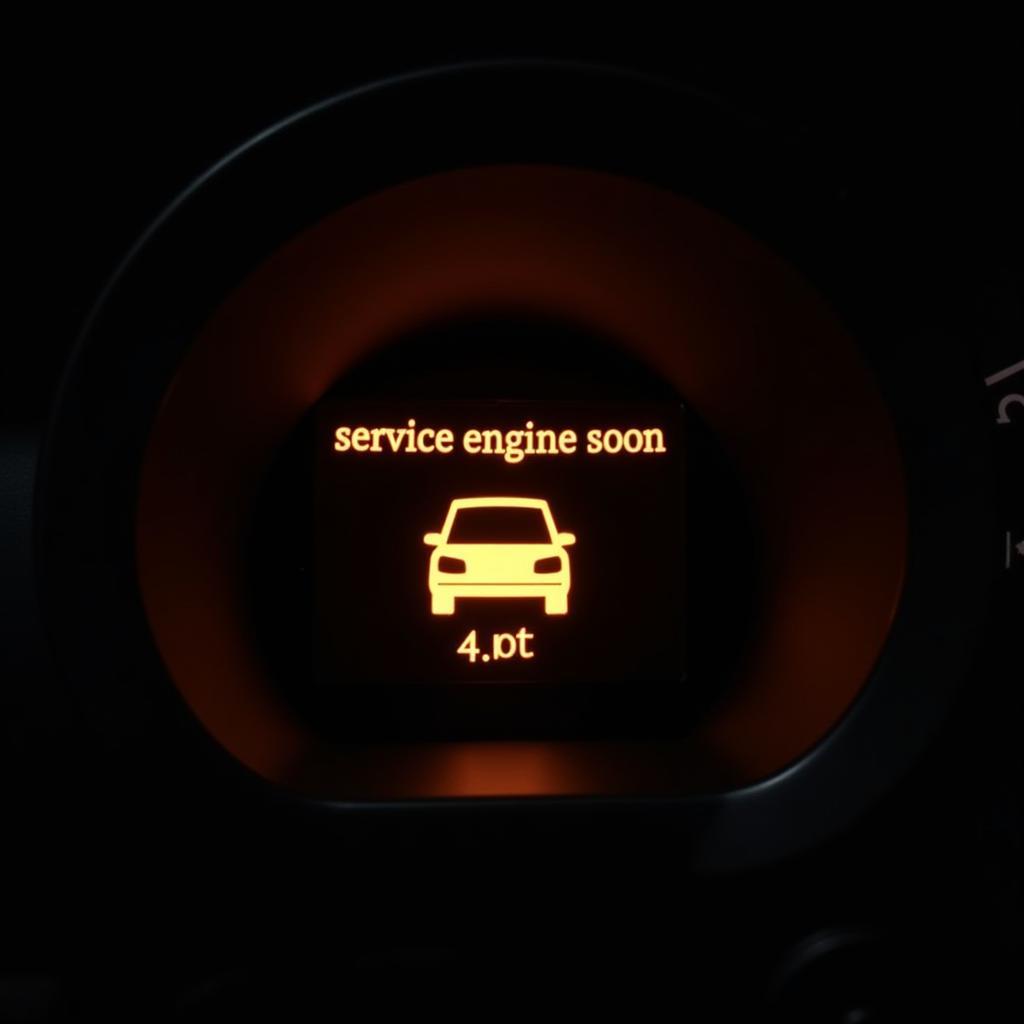What Does It Mean to Have Your Car Serviced?
“Getting your car serviced” might sound like a vague term, especially if you’re new to car ownership. It’s about more than just an oil change – it’s a holistic approach to keeping your car running smoothly and safely for years to come. This article will delve into the specifics of car servicing, explaining its importance and helping you understand what to expect during a typical service appointment.
Why is Car Servicing Important?
Regular car servicing is crucial for a multitude of reasons:
- Safety First: A well-maintained car is a safer car. Servicing includes checks on vital safety components like brakes, tires, and steering, ensuring they operate at peak performance and reducing the risk of accidents.
- Preventing Costly Repairs: Identifying minor issues early through regular servicing can prevent them from escalating into major (and expensive!) problems down the line.
- Extending Your Car’s Lifespan: Just like our bodies thrive on routine check-ups, cars need regular maintenance to combat wear and tear. This helps prolong the life of your vehicle and keeps it running efficiently.
- Maintaining Value: A well-documented service history adds significant value to your car when it’s time to sell or trade it in, demonstrating to potential buyers that the vehicle has been well cared for.
 Car Service Checklist
Car Service Checklist
What Happens During a Car Service?
The specific tasks performed during a car service vary depending on the make and model of your car, its age, mileage, and the type of service required. However, a standard service will typically include:
- Oil and Filter Change: Engine oil lubricates moving parts, reducing friction and wear. Over time, it degrades and needs replacing.
- Fluid Level Checks and Top-Ups: This includes brake fluid, coolant, power steering fluid, transmission fluid, and windshield washer fluid.
- Tire Inspection and Rotation: Checking tire pressure and tread depth is vital for safety and fuel efficiency. Rotation ensures even wear.
- Brake Inspection: Brakes are critical for safety. A mechanic will inspect pads, discs, and calipers for wear and tear.
- Battery Test: The battery powers the electrical components. A mechanic will check its charge and overall health.
- Lights Check: Ensuring all lights are working correctly is crucial for safety and visibility.
- Air Filter Replacement: A clogged air filter restricts airflow to the engine, impacting performance and fuel economy.
 Mechanic Inspecting Engine
Mechanic Inspecting Engine
Different Types of Car Services:
Most car manufacturers recommend servicing intervals based on mileage or time, whichever comes first. Common service types include:
- Interim Service: Usually recommended every 6 months or 6,000 miles, it includes an oil change, fluid top-ups, and basic visual inspections.
- Full Service: Typically recommended annually or every 12,000 miles, it includes all aspects of an interim service plus more in-depth inspections and potential part replacements.
- Major Service: Usually recommended every 24,000 miles or 2 years, it covers all areas of a full service and adds more extensive checks and potential part replacements on critical components.
Choosing the Right Car Service Provider:
- Dealership vs. Independent Mechanic: Dealerships specialize in your car’s make but can be more expensive. Independent mechanics may offer more competitive pricing and personalized service.
- Check for Certifications: Look for mechanics certified by reputable organizations like ASE (National Institute for Automotive Service Excellence).
- Read Reviews: Online reviews from other car owners can provide valuable insights into the quality of service.
“Choosing a trustworthy mechanic is like choosing a doctor for your car,” says John Smith, Master Mechanic at ABC Auto. “Look for experience, transparency, and a commitment to using quality parts.”
 Car Service Appointment
Car Service Appointment
Conclusion:
Understanding what it means to have your car serviced empowers you to make informed decisions about your vehicle’s maintenance. Regular servicing is an investment in your car’s longevity, your safety, and your peace of mind. Remember, a well-maintained car is a happy car – and a happy driver!
FAQs about Car Servicing:
-
How often should I service my car? Refer to your car’s owner’s manual for specific recommendations, but a general guideline is every 6 months or 6,000 miles for an interim service, annually or every 12,000 miles for a full service, and every 24,000 miles or 2 years for a major service.
-
What if I don’t service my car regularly? Neglecting car servicing can lead to premature wear and tear, reduced fuel efficiency, costly repairs, and safety hazards.
-
Can I service my car myself? While basic tasks like checking fluid levels can be done at home, it’s best to leave more complex procedures to qualified mechanics.
-
How much does a car service cost? The cost varies depending on the type of service, your car’s make and model, and the service provider. Get quotes from multiple places before making a decision.
-
How can I find a reliable car service near me? Ask for recommendations from friends, family, or check online reviews for reputable mechanics in your area.
For more information about car servicing, you can read our article on does have care.com transportation service.
Get in touch with our team for personalized advice and assistance with your car service needs. Contact us through WhatsApp: +1(641)206-8880, or email: [email protected]. We offer 24/7 customer support.

